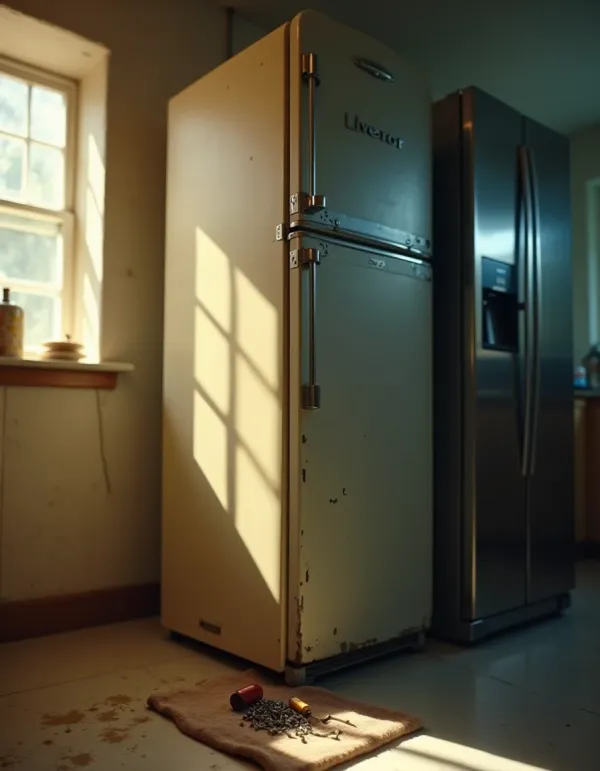Why It's Crucial to Address a Child Stealing: A Peek into Parenting and Discipline Strategies
Caught a child stealing? Unlock essential insights into effective parenting strategies and discipline to guide them on the right path.

When A Little One Crosses The Line: What's Next?
Have you ever caught your much younger sibling or step-sibling in the act of sneaky business, like, say, stealing something from you? It's an awkward and tense situation, but fear not—you're not alone in this! If your stepbrother is caught red-handed, it's not just about finger-pointing but about understanding and correcting the behavior.
Why Do Kids Steal?
Some folks believe children act out, like stealing, as a cry for attention or due to underlying emotional distress. This isn't just "naughty behavior"—it could be a sign of deeper issues. Stealing might not just be about the thrill or the shiny toy—they may not have learned or absorbed the basics of right and wrong yet.
Setting Boundaries: The Right Way
Understanding how to discipline effectively can make a world of difference here. While some strategies, like yelling, might seem like a quick fix—or even justified in the heat of the moment—setting clear, compassionate boundaries is key. You want to guide, not just scare.
Some people advise getting a lock for your belongings if you can't leave, but more importantly, talk to the parents about their style and the need for discipline. Letting a child face consequences within the safety of the home can teach them the hard lessons early on. According to insights from parenting experts, solid parenting involves balancing empathy and enforceable boundaries.
Positive Reinforcement and Avoiding Klepto Drama
Positive reinforcement can be quite powerful. Rewarding good behavior rather than punishing bad behavior can help children make better choices. It's also about creating an environment where they don't feel the need to take what isn't theirs.
Kleptomania might sound dramatic, but it's a recognized disorder. Teaching kids that there are consequences in the real world can prepare them for a better future.
Ultimately, a good parent (or big sibling!) can guide a child towards understanding their actions by communicating openly about the importance of integrity and honesty.
Getting Involved
If you have concerns, sharing them with the involved parents can be crucial. Insisting on the significance of intervening early might just set your little stepbrother on the right path. After all, better they learn this at home first, right?




